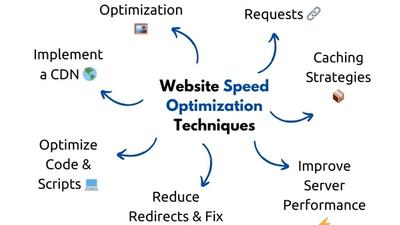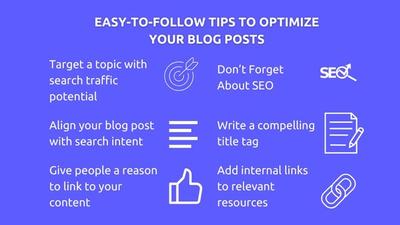The Ultimate Guide to Keyword Research

ByteSimple

Introduction
Keyword research is the foundation of SEO. It’s how you bridge the gap between what people search for and the content you create. If you’re not targeting the right keywords, you’re leaving traffic—and potential customers—on the table.
This guide will break down keyword research into actionable steps. By the end, you’ll have a strategy to find high-value keywords, optimize your content effectively, and improve your search rankings.
1. What Is Keyword Research?
Keyword research is the process of identifying words and phrases that people type into search engines. But it’s not just about finding words—it’s about understanding user intent.
- Are they looking for quick information? (Informational intent)
- Do they want to compare products? (Commercial intent)
- Are they ready to buy? (Transactional intent)
By matching your content to the searcher’s intent, you improve your chances of ranking and attracting the right audience.

2. Why Keyword Research Matters
If you're not doing keyword research, you're guessing—and guessing doesn't get you traffic. A data-driven approach helps you:
- Increase organic traffic by targeting what people actually search for.
- Attract relevant visitors who are more likely to convert.
- Improve search rankings by optimizing for the right terms.
SEO Tip: Keywords aren’t just for text—optimize your image alt-text, file names, and metadata to boost visibility.

3. Types of Keywords You Should Target
Not all keywords have the same value. To create a balanced SEO strategy, focus on:
1. Short-Tail Keywords
- Example: "coffee"
- Pros: High search volume
- Cons: High competition
2. Long-Tail Keywords
- Example: "best ceramic coffee mug with lid"
- Pros: Less competition, higher conversion rates
- Cons: Lower search volume
3. Branded Keywords
- Example: "ByteSimple keyword research tips"
- Pros: Drives traffic from brand-aware users
Best Practice: Combine all three types of keywords to target audiences at different stages of the buying journey.
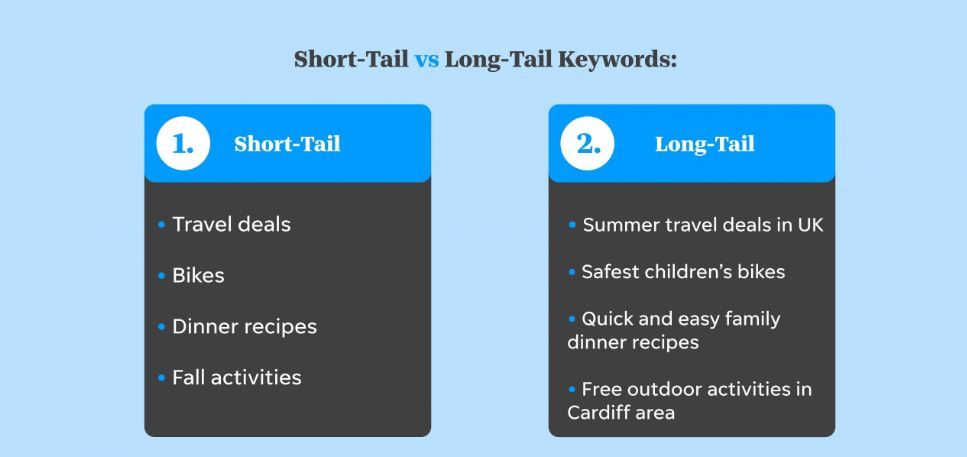
4. How to Find the Right Keywords
Finding high-performing keywords requires research. Here’s how:
Step 1: Brainstorm Topics
Make a list of topics your audience is interested in.
Step 2: Use Keyword Tools
- Google Keyword Planner (free)
- Ahrefs & SEMrush (advanced tools for competition analysis)
How to do Keyword Research with Ahrefs (for beginners)
Step 3: Analyze Competitors
- Find what’s driving traffic to their sites.
- Identify gaps you can fill with better content.
Pro Tip: Long-tail keywords are easier to rank for and attract users with clear intent.
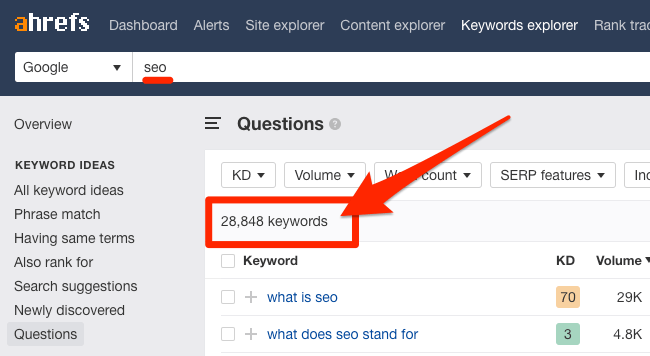
5. How to Use Keywords Effectively
Finding the right keywords is just the start—you need to place them strategically.
- Title & Headings: Place keywords naturally in H1, H2, and H3 tags.
- Content: Use keywords organically—avoid overstuffing.
- Metadata: Include primary keywords in title tags, meta descriptions, and URLs.
- Image SEO: Use descriptive alt-text (e.g., "ceramic-coffee-mug.jpg") for better rankings.
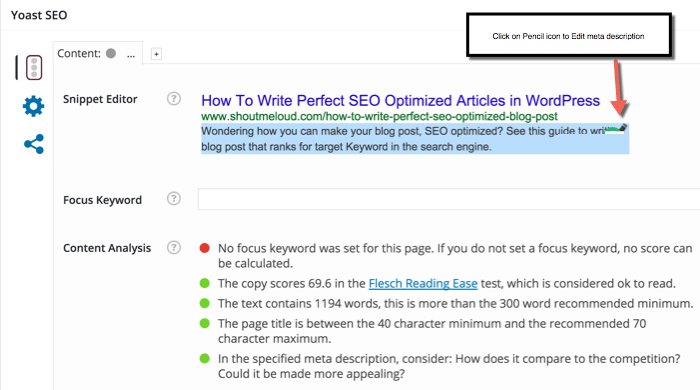
6. Common Keyword Mistakes to Avoid
Even experienced marketers make these keyword mistakes:
- Keyword Stuffing – Overloading your content with keywords can harm rankings.
- Ignoring Search Intent – Ranking doesn’t matter if the content doesn’t match what users need.
- Neglecting Updates – Keyword trends change. Regularly refresh your research.
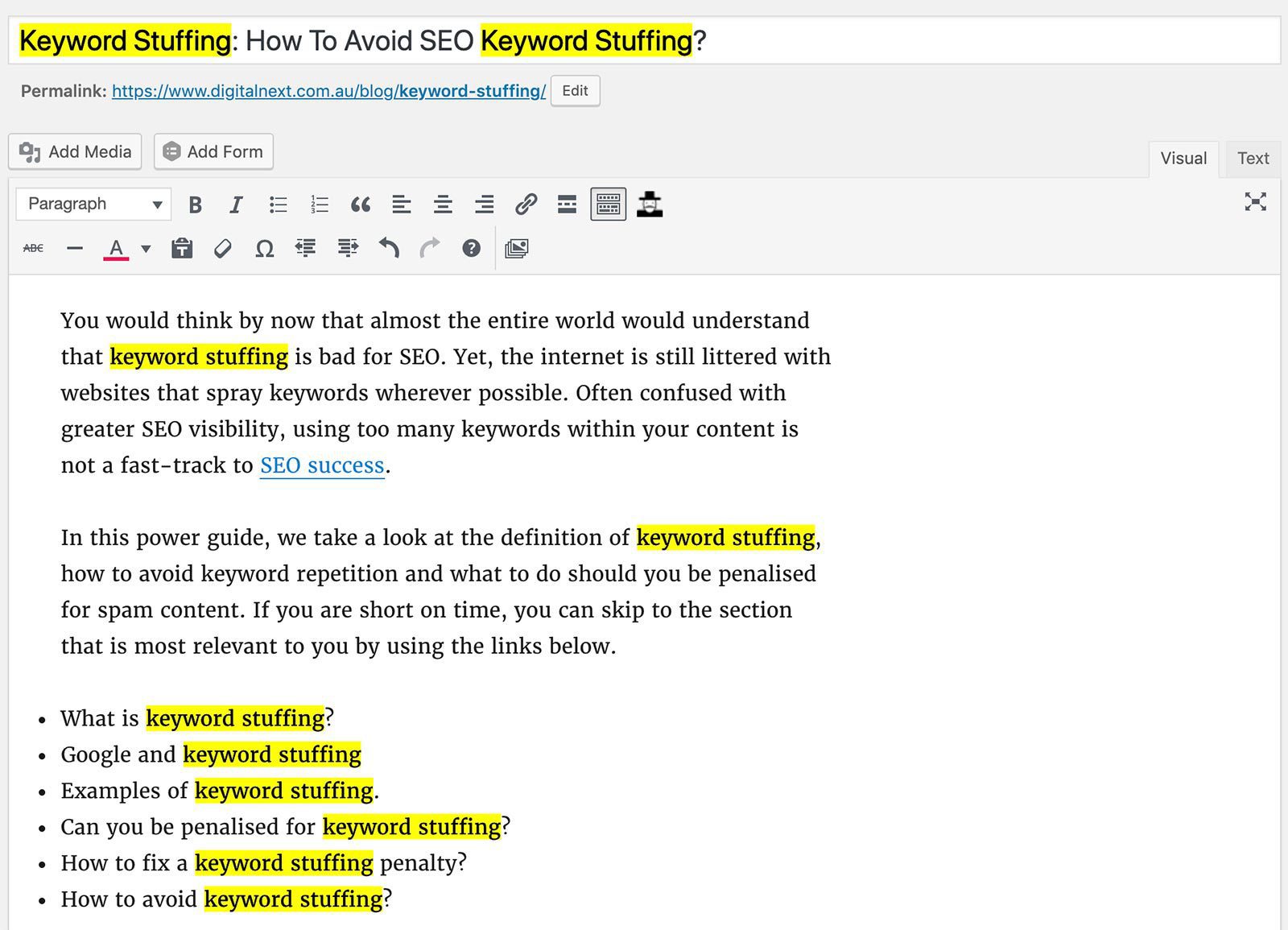
7. Advanced Keyword Research Tips
Want to go beyond the basics? Try these advanced strategies:
- Optimize for Search Intent – Structure content for informational, navigational, or transactional queries.
- Target Voice Search – Use conversational phrases (e.g., "best coffee shop near me") to align with spoken searches.
- Create Topic Clusters – Build multiple pages around a central topic to dominate rankings.

8. Next Steps: How to Implement Keyword Research
Keyword research isn’t a one-time task—it’s an ongoing process.
- Start Small – Optimize one blog post with targeted keywords.
- Track Results – Monitor rankings using Google Search Console or an SEO tool.
- Refine & Expand – Adjust based on performance and explore new keyword opportunities.
Further Learning:
- [Image SEO Guide] – Learn how to rank images using keywords.
- [Free Keyword Strategy Session] – Need expert help? Contact us today.
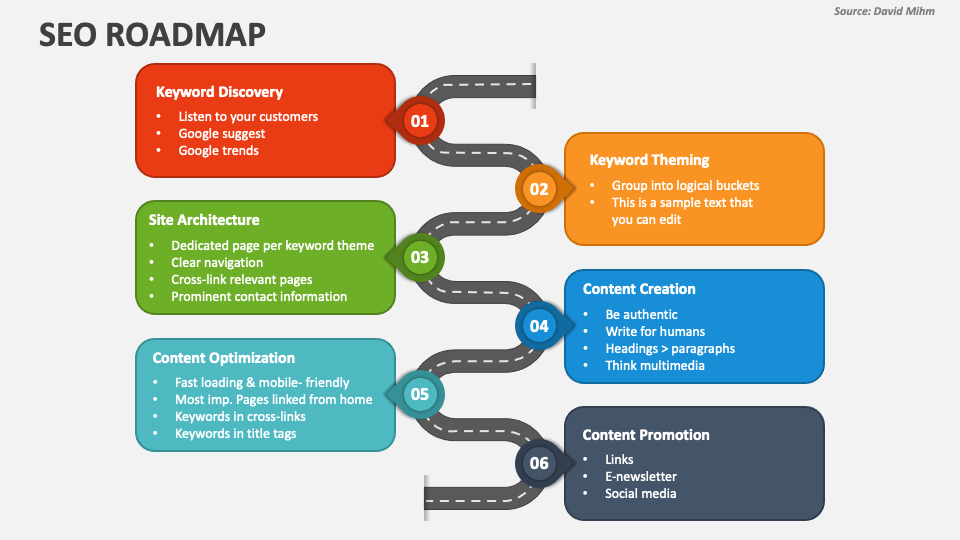
Final Thoughts
Keyword research is the foundation of SEO success. When done right, it ensures that your content reaches the right audience, ranks higher, and drives sustainable traffic growth.
Mastering keyword research isn’t about hacking the algorithm—it’s about understanding your audience and delivering value. Now that you have the strategy, it's time to put it into action.
